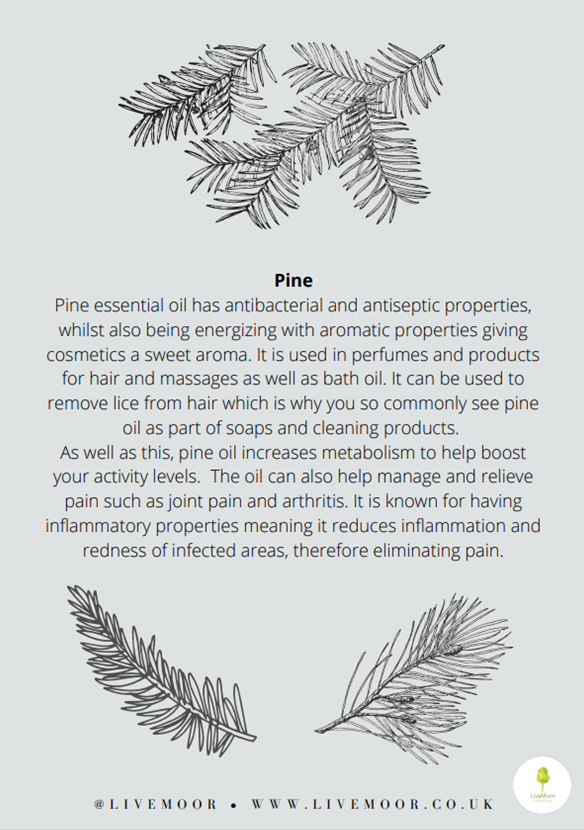Your basket is empty
Looks like you haven't added anything to your basket yet

Essential Oils - Benefits and Uses




















- Choosing a selection results in a full page refresh.





















Unit 3, Anchor Buildings, Battle Road
Heathfield Industrial Estate
Newton Abbot, Devon
TQ12 6RY
Customer Service:
Phone: 01752 695220
Email: info@livemoor.co.uk
Hours: 09:00am–4:00pm. Monday - Friday (Excluding Bank Holiday's)
Company Number: 15900921
Company Name: LiveMoor Trading Limited
VAT NO: 474950654
We welcome your feedback, so please feel free to get in touch or leave us a product review.
© 2025, LiveMoor
